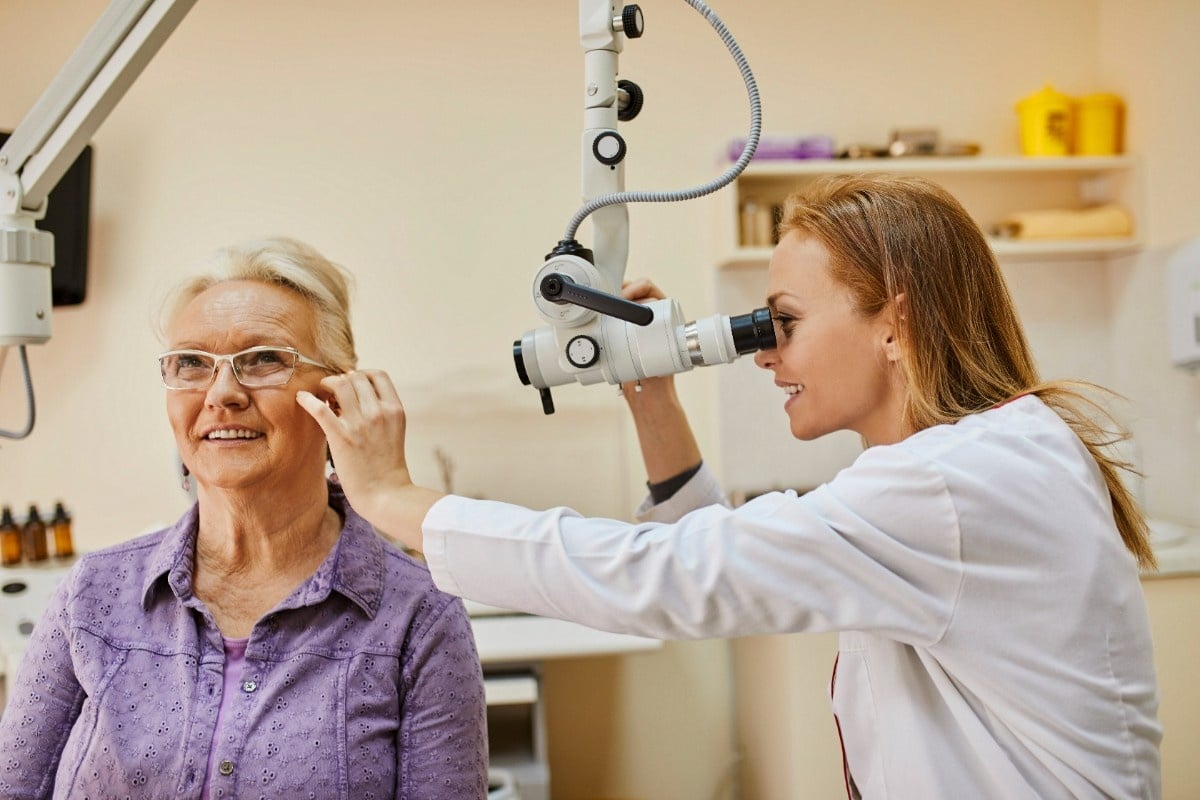Here’s What You Need To Know
Taking care of your vision, hearing, and dental health is important at any age, but these needs can become more pressing as you grow older. If you are new to Medicare, you might be surprised to learn that Original Medicare has some major gaps in coverage for these essential services. In this post, I’ll break down exactly what is covered—what’s not—and how you can find the support you need.
Understanding Medicare’s Coverage Limits
Medicare is designed to help with a wide range of medical services, but it does not cover everything. When it comes to vision, hearing, and dental, the rules are more restrictive than many expect.
- Original Medicare (Part A and Part B) only offers limited benefits for routine eye exams, most dental work, and hearing aids.
- Many people discover these gaps when they try to schedule their yearly dental cleaning or need new glasses
By learning what is and isn’t covered, you can avoid surprise bills and plan for the best care possible.
Vision Care: What’s Included and What’s Not
Routine Eye Exams and Field of Vision Tests
Medicare does not pay for routine eye exams if you simply need glasses or contacts. However, it does cover some specialized eye exams when medically necessary. If your doctor orders a field of vision test (a test that measures how much you can see out of the corners of your eyes), Medicare Part B may cover it, but only when it is used to diagnose or monitor a medical condition such as glaucoma. Simply put, if this test is needed because you have symptoms or risks of an eye disease, coverage is possible.
Eye Exams for Glaucoma
Medicare covers annual eye exams to check for glaucoma, but only if you are in a high-risk group. You qualify if you have diabetes, a family history of glaucoma, are African American and age 50 or older, or Hispanic and age 65 or older. Your exam must be performed by a qualified eye doctor. You will typically pay 20% of the Medicare-approved amount after meeting your deductible.
Routine vision corrections—like regular eye exams for glasses, or the cost of the glasses themselves—are not covered under Original Medicare. For more details, you can explore does medicare cover eye tests.

Hearing Coverage: Where Medicare Stands for 2025
Hearing Aids and Related Tests
Original Medicare still does not cover hearing aids, fittings, or exams for fitting hearing aids. This remains true in 2025—Medicare Part B does cover diagnostic hearing and balance exams, but only if your doctor suspects a medical condition (such as hearing loss caused by injury or illness). You have to pay out of pocket for hearing aids themselves. For more information, review does medicare cover hearing aids.
Legislative Updates on Hearing Aid Coverage
There has been a lot of discussion in Congress about adding hearing aid coverage to Medicare. Most notably, the “Medicare Hearing Aid Coverage Act” and similar proposals have been introduced in recent years. As of early 2025, no new law has passed—Medicare does not yet pay for hearing aids. Proposals continue to be debated, and it’s wise to keep an eye on official updates or talk with a Medicare advisor to understand the current state of the law.
Dental Care: What to Expect from Medicare
Medicare typically does not pay for routine dental care, including cleanings, fillings, tooth extractions, or dentures. The only exceptions are when dental care is required as part of a covered medical procedure. For example, if you need dental work in preparation for open-heart surgery, it might be covered.
You will generally need separate dental insurance or choose a private Medicare Advantage plan to receive dental benefits.
How to Fill the Gaps: Exploring Your Options
Because Original Medicare leaves out so much, you have two main options for gaining extra coverage.
- Medicare Advantage Plans (Part C): Many medicare advantage plans in alabama include extra benefits beyond Original Medicare. These can cover some vision, hearing, and dental care, but options and coverage levels vary widely. Check each plan’s details carefully.
- Separate Standalone Insurance Plans: Private companies sell insurance for dental, vision, and hearing that can work alongside your Medicare coverage.
An independent medicare advisor can help you review your personal health needs and locate a plan that fills these important gaps.
Making Sense of Your Medicare Choices
Understanding Medicare’s limits—and your options for additional coverage—puts you in control of your health. Whether you’re wondering about glaucoma exams, hearing aid costs, or getting dental cleanings, the right support and clear information go a long way.
Remember, legislative changes could expand benefits in the future. Until then, reviewing your coverage yearly and considering supplemental plans are the best steps to protect your vision, hearing, and dental health.
If you’re unsure where to start, connecting with a Medicare advisor can offer personalized guidance and help you make informed decisions about your next steps.

